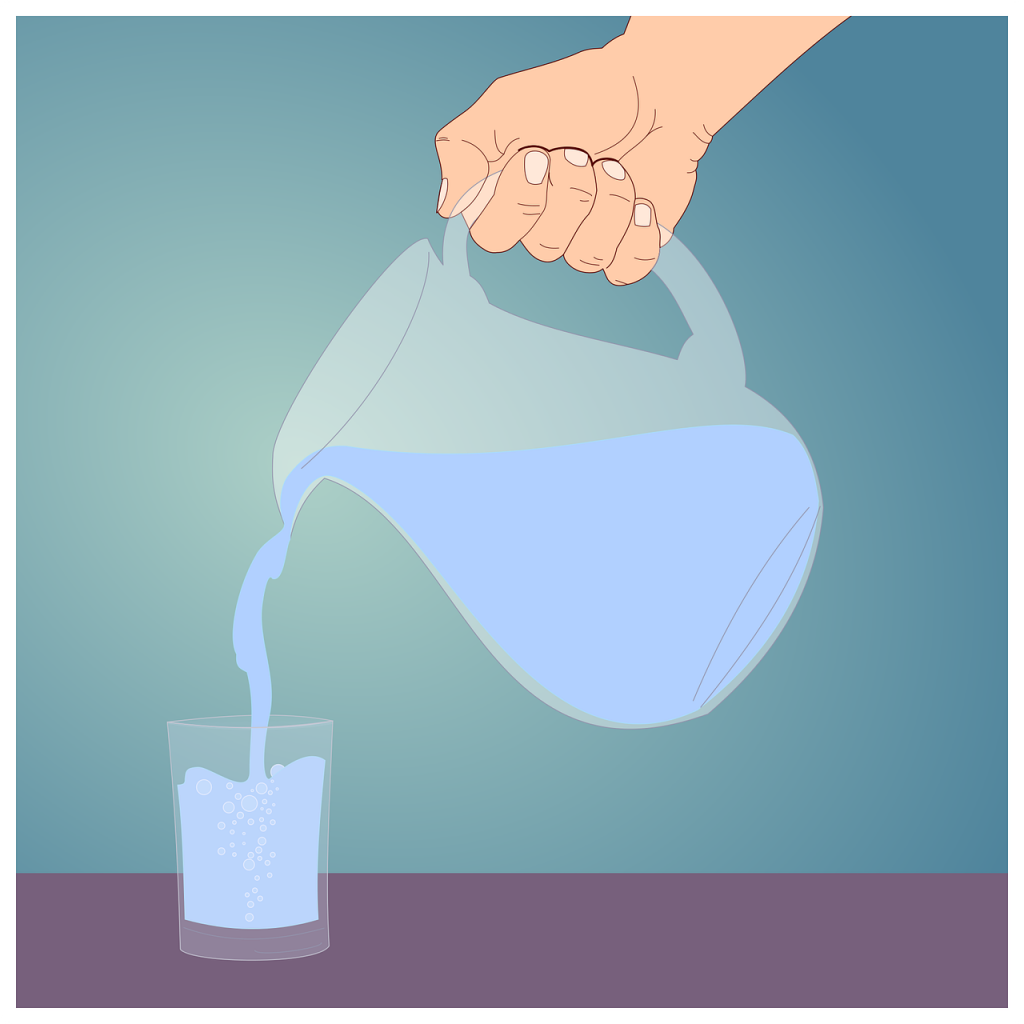Promoting Hydration in Older Adults

Up to 60% of the human adult body is water. Because of illness, exertion, diuretic medications, or warm weather, body fluid can decrease. It is therefore important to replenish this water through fluid intake to avoid dehydration. Unfortunately, many older adults drink less than the minimum amount to replenish the body’s supply.
As a result, dehydration is a frequent cause of hospitalization among older adults in the United States and has been associated with increased mortality rates within the hospital setting. Awareness and education are the first steps toward prevention.
What are the Symptoms of Dehydration?
A thirsty person may already be dehydrated. Therefore, it’s essential to detect the early signs of dehydration like headache, constipation, muscle cramps, dry mouth, and fatigue. Dehydration can cause seizures due to an electrolyte imbalance as well as kidney failure, coma, and death. Symptoms of severe dehydration are:
- Low blood pressure
- Cold hands and feet
- Little urination
- Dark yellow-colored urine
- Dry skin that remains folded when pinched
- Rapid breathing and heartbeat
- Weak pulse
Why are the Elderly at Risk for Dehydration?
Older adults are at risk as their sense of thirst decreases with age. Other risk factors include:
- Certain medical conditions or medications that reduce the body’s ability to retain fluids
- Avoiding fluid intake in order to reduce accidents and trips to the bathroom
- The body’s overall decreased ability to conserve water due to age
How to Prevent Dehydration?
Caregivers should monitor fluid intake and encourage the care receiver to drink. Beverages other than water like shakes and sweetened tea are equally effective. Fluids can also be found in food with a high-water content like watermelon as well as meal items like fruit pops, chicken soup, and vegetable broth.
Conclusion
Because certain medical conditions like kidney disease, liver disease, and heart failure may require fluid restrictions, it’s important to consult with a doctor to determine a healthy level of fluid intake based on one’s health profile.
With appropriate hydration, an older adult will be healthier, will experience less hospitalizations, and will avoid the serious complications that result from dehydration.
